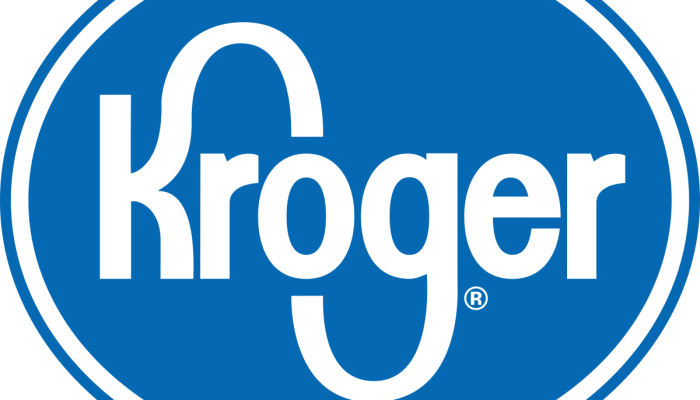Kroger is a grocery store super giant. Operating around 2,800 stores nationally, it is America’s largest grocery store chain. Its stores generated $115.3 billion in total sales in 2016 with approximately $20 billion in sales coming from its in-house brand “Private Selection”. That’s a lot of dough. So when European grocery giant Lidl began opening stores in the US and using its in-house brand “Preferred Selection”, Kroger quickly took action to protect its hard-won turf by filing a trademark infringement and dilution lawsuit, claiming that Preferred Selection is likely to cause confusion among consumers and dilutes the value of Kroger’s registered trademarks.
While this trademark battle may be a proxy for a larger war that is beginning between two grocery heavyweights, it is a very important first challenge as Lidl enters the U.S. market. Kroger has federally registered trademarks covering Private Selection in several classes and has been using the mark for at least twenty years. When Lidl first filed an intent-to-use trademark application on Preferred Selection in 2016, Kroger filed an opposition with the Trademark Trials and Appeals Board. That opposition has now been put on hold while Kroger pursues its federal infringement lawsuit against Lidl.
Kroger’s complaint alleges that it communicated with Lidl about the likelihood of confusion that would stem from Lidl’s brand, but Lidl rebuffed Kroger’s approaches. Lidl has since gone on to open 10 stores in Virginia, North Carolina and South Carolina. The German brand has plans to open 100 locations along the East Coast by next summer, all of which would sell the Preferred Selection brand. Kroger is seeking damages including all profits from Lidl’s Preferred Selection sales, which could turn out to be a hefty number if damages are awarded.
With an active trademark infringement lawsuit, the court will have to evaluate how similar “Private Selection” and “Preferred Selection” are in the minds of consumers and see just how compelling a case Lidl can make to highlight the difference between these two in-house brands. With billions of dollars in sales at stake, both sides are likely to present strong arguments.
As this case illustrates, trademarks can be big business. It pays to make sure your brand is protected. If you have questions about the trademark process, please contact the trademark attorneys at Trademark Access. Let our experience protect your valuable brand.

